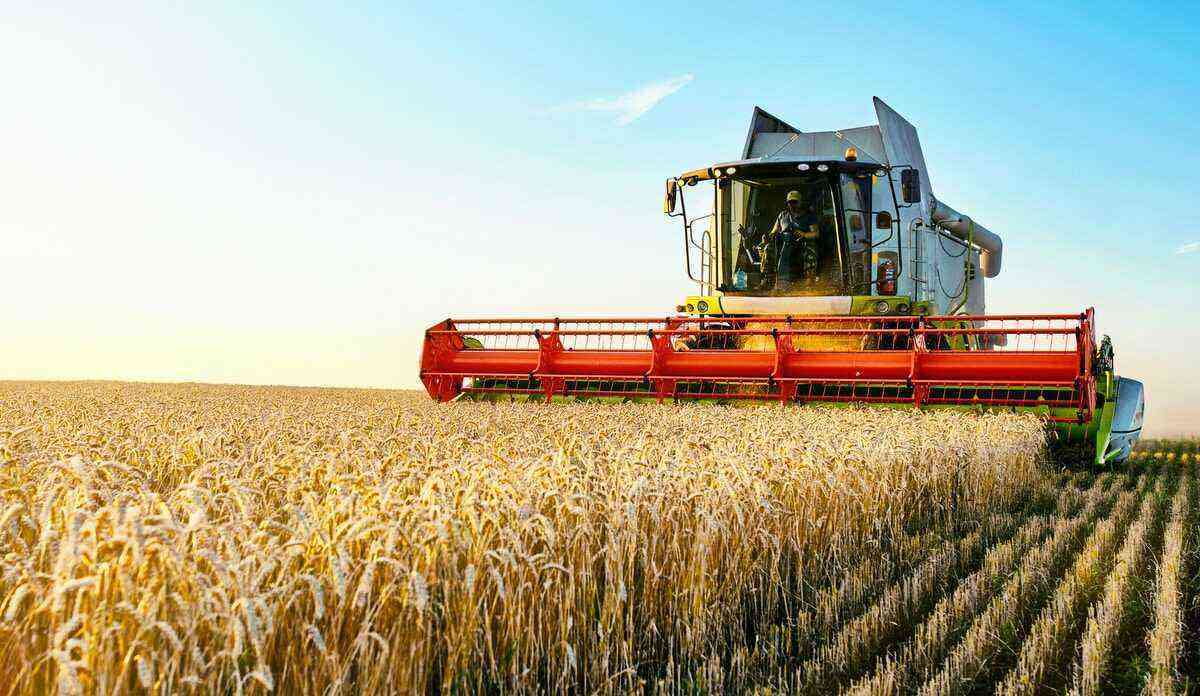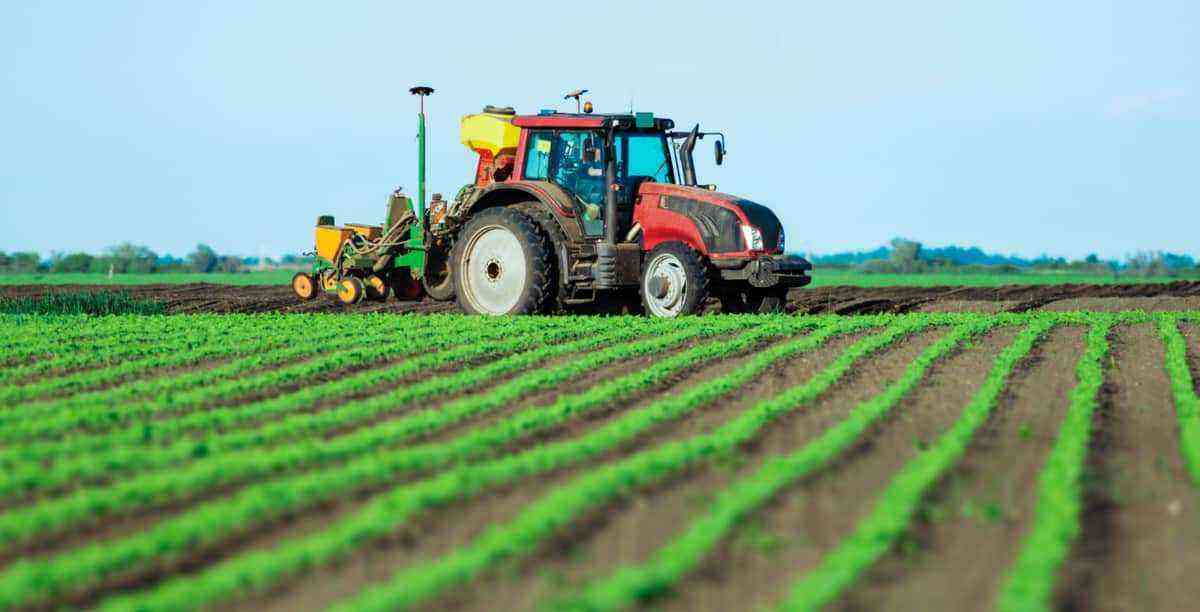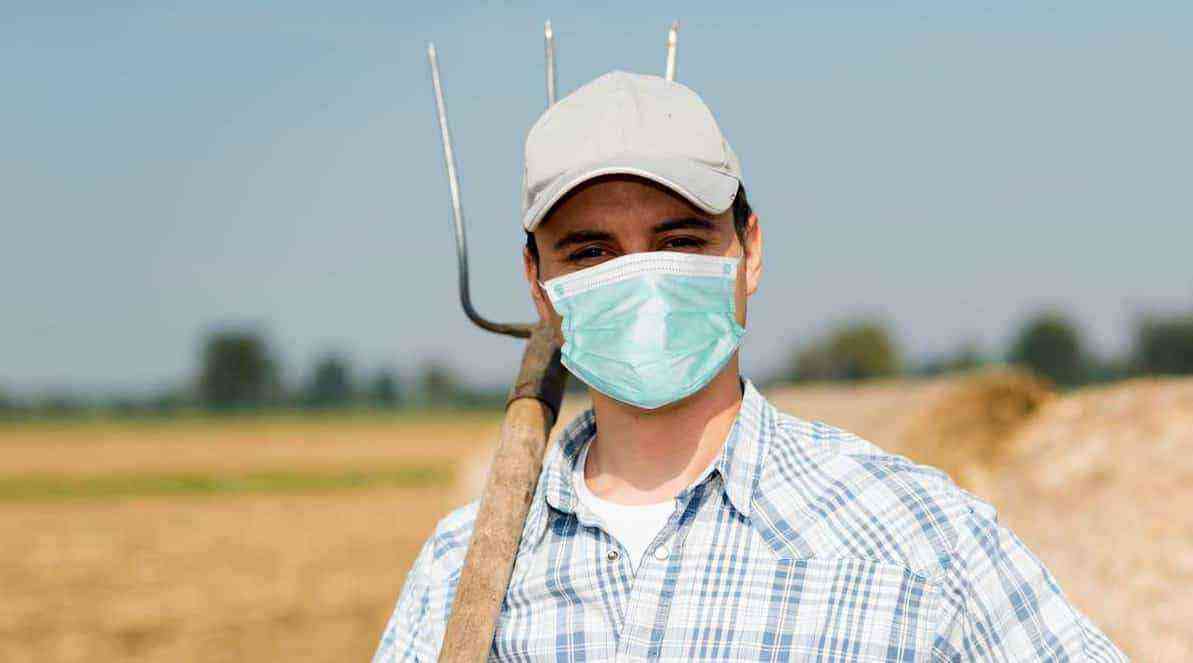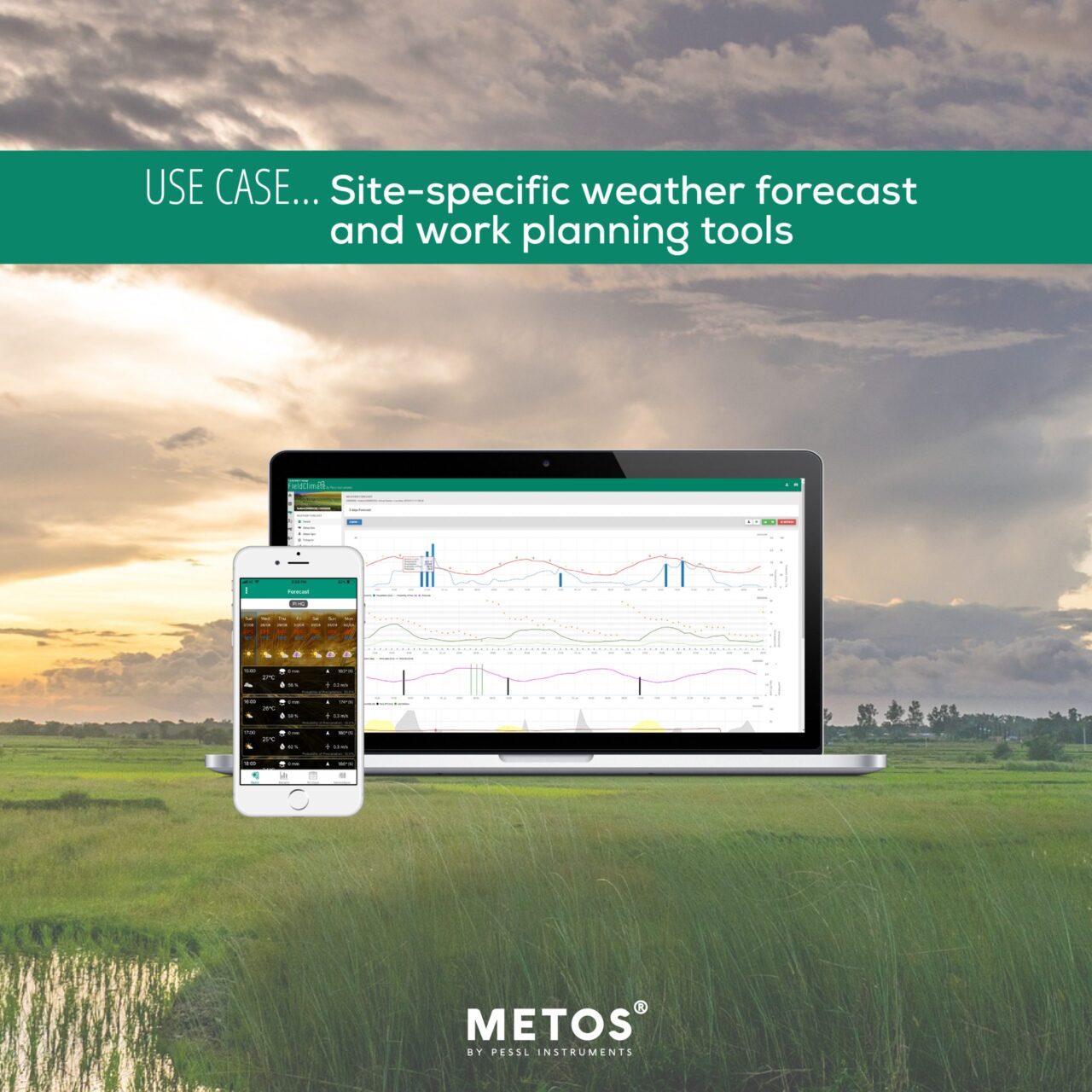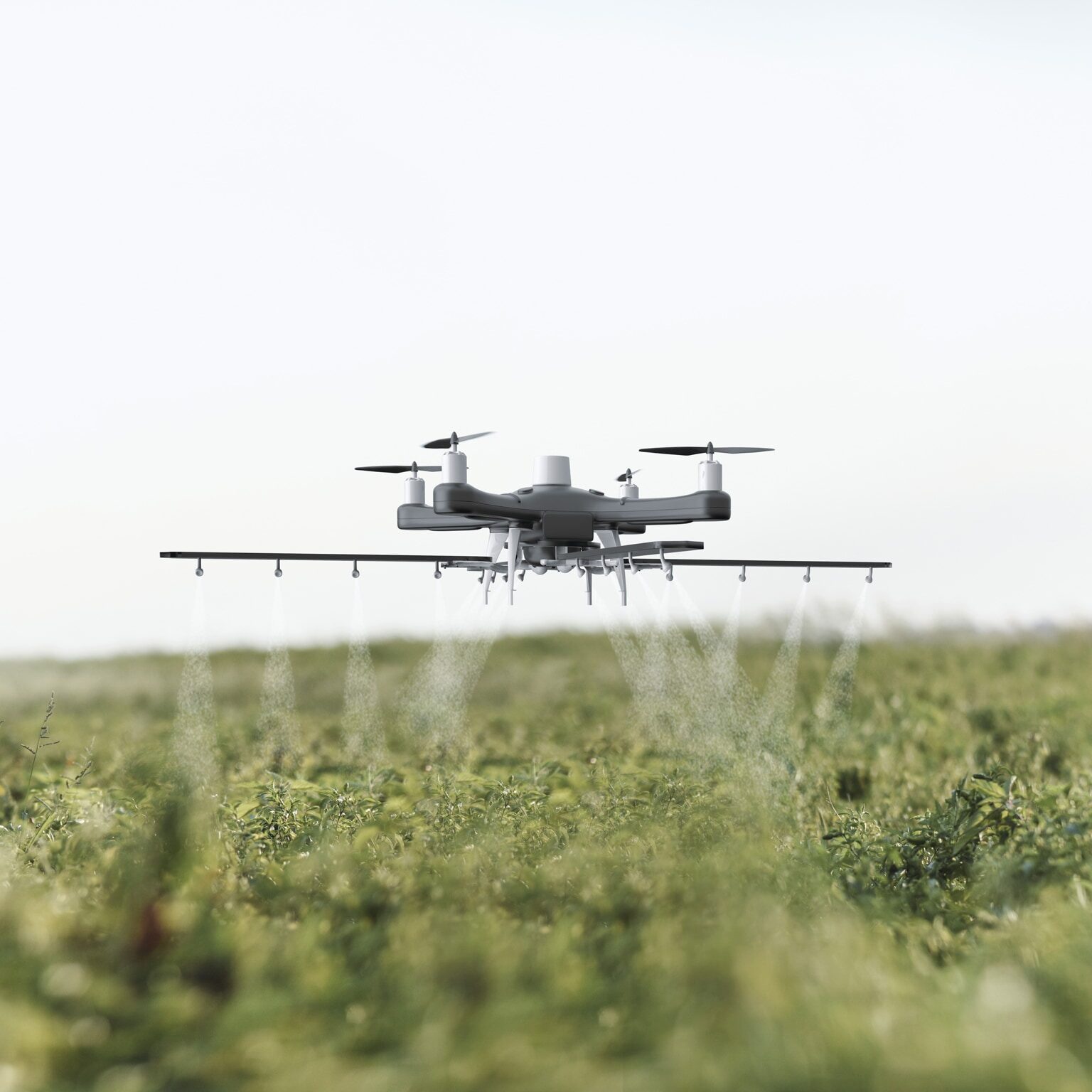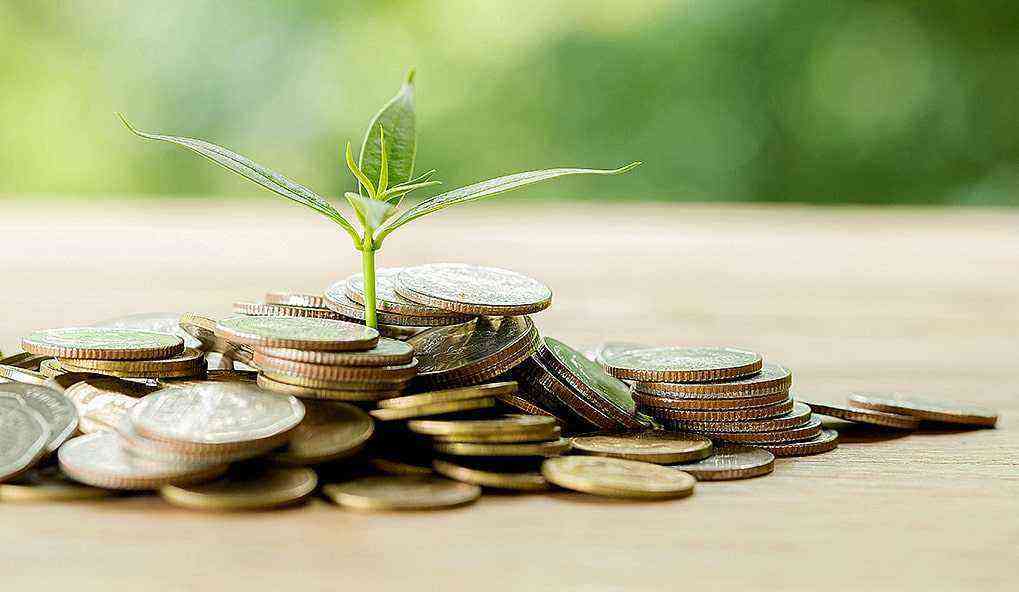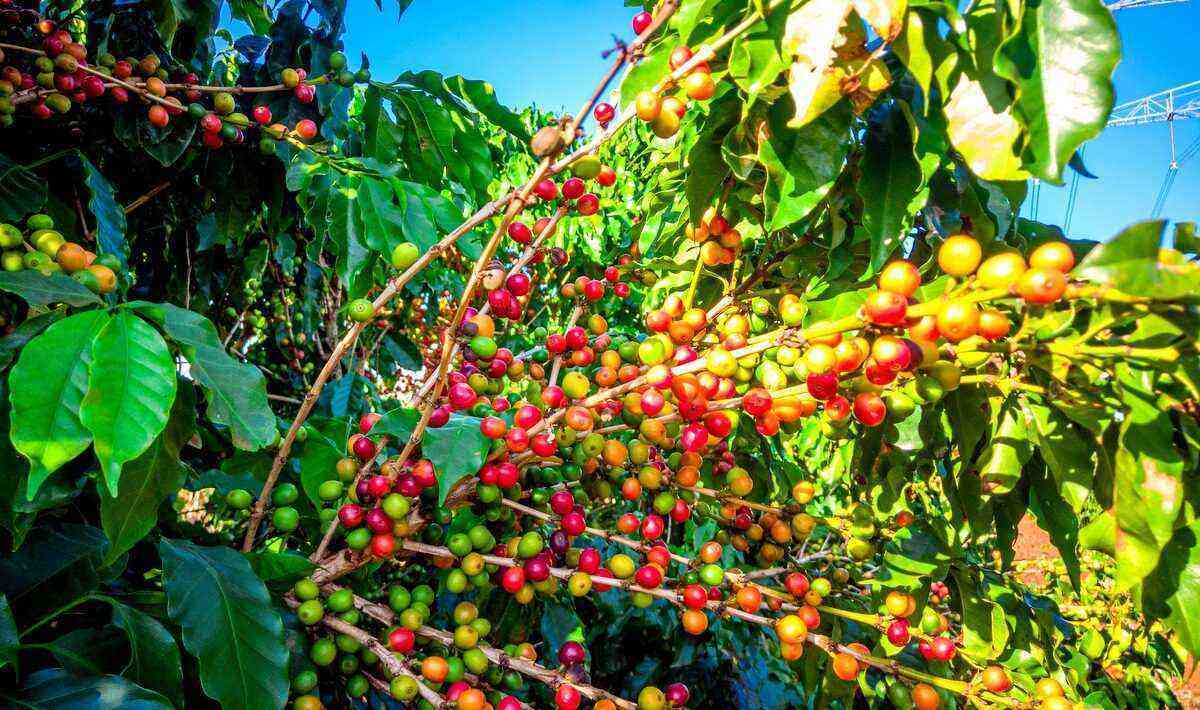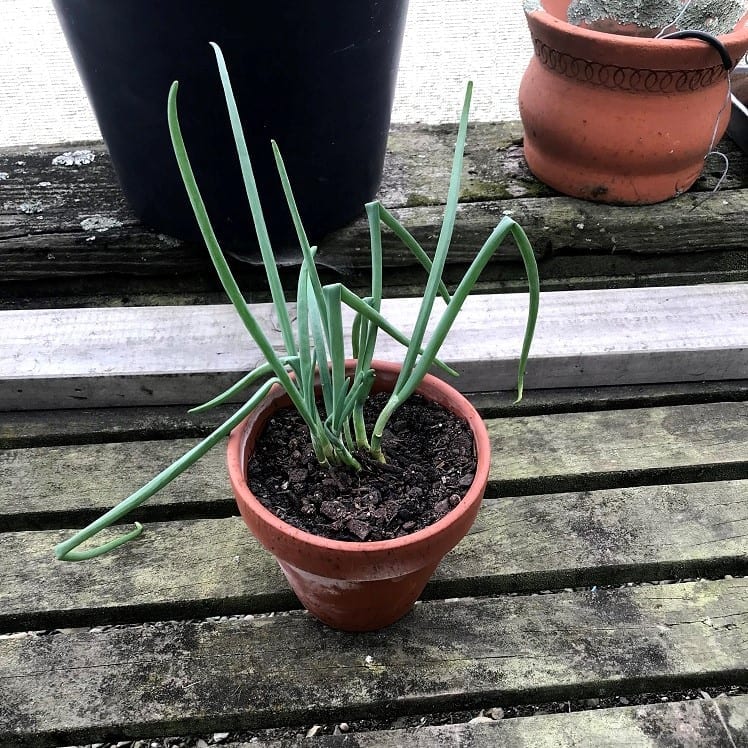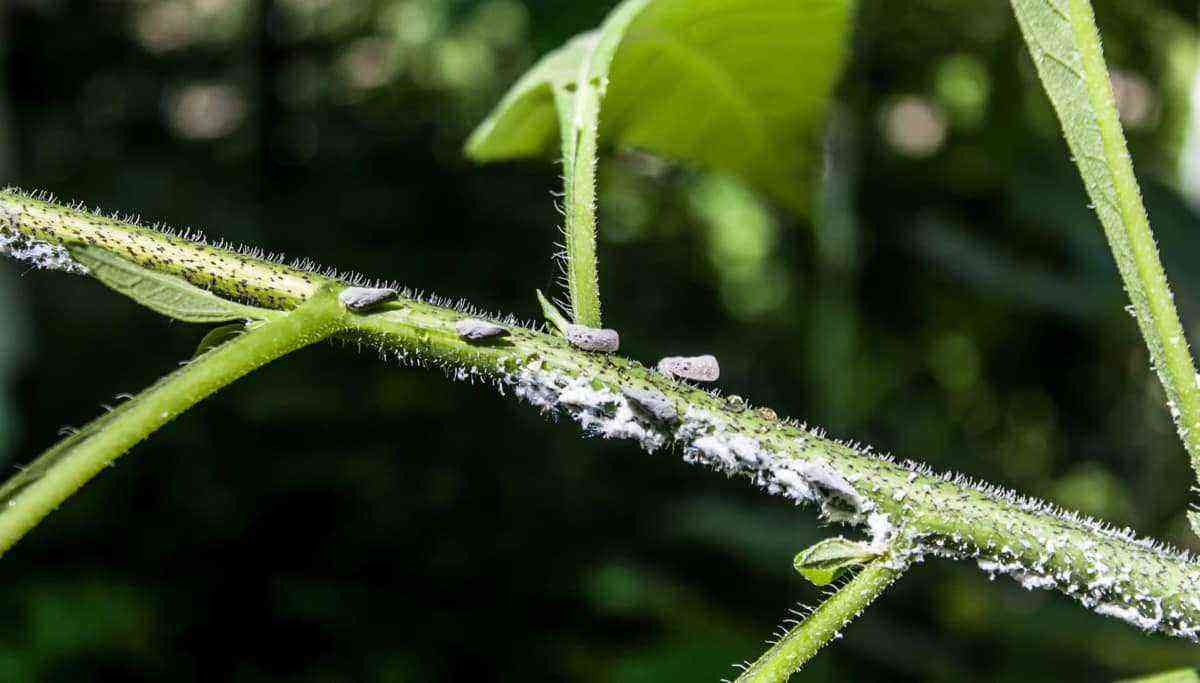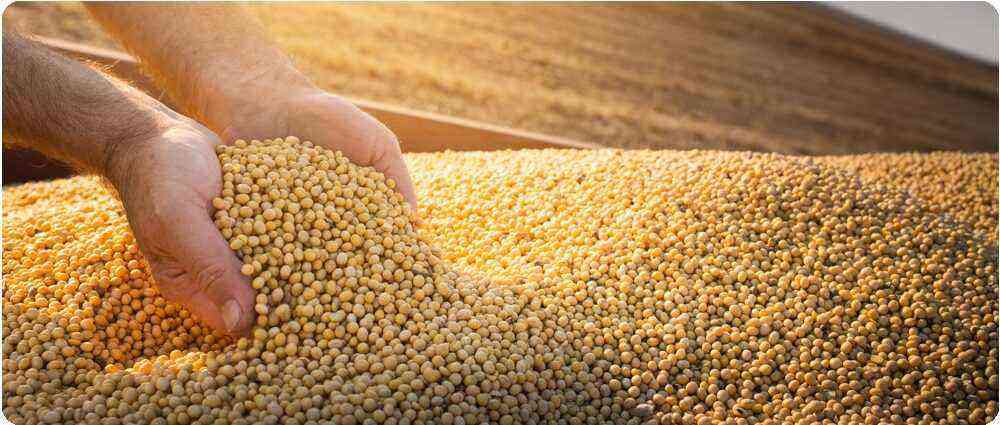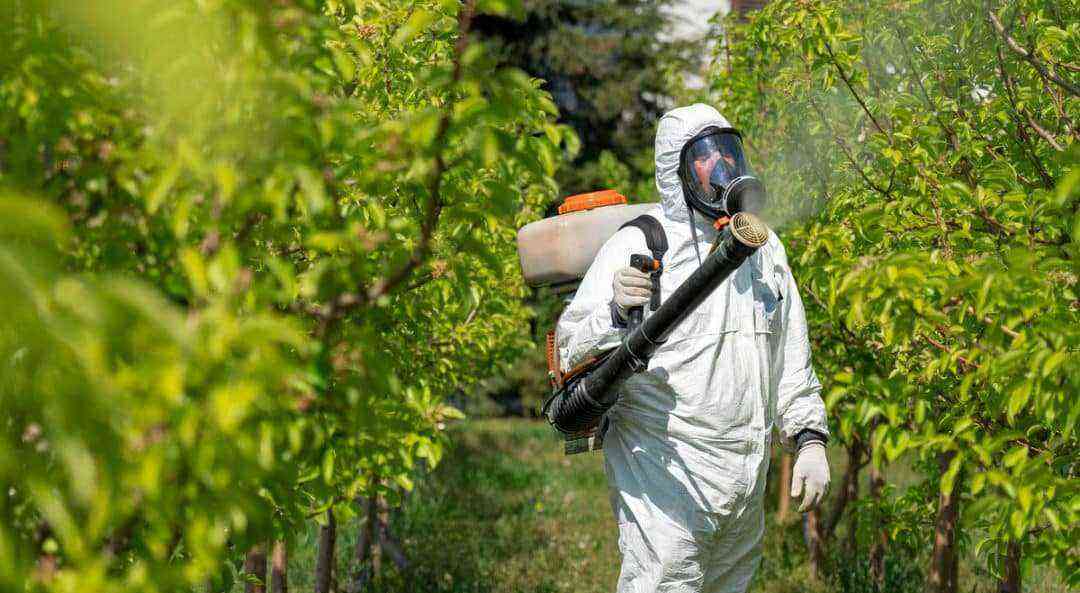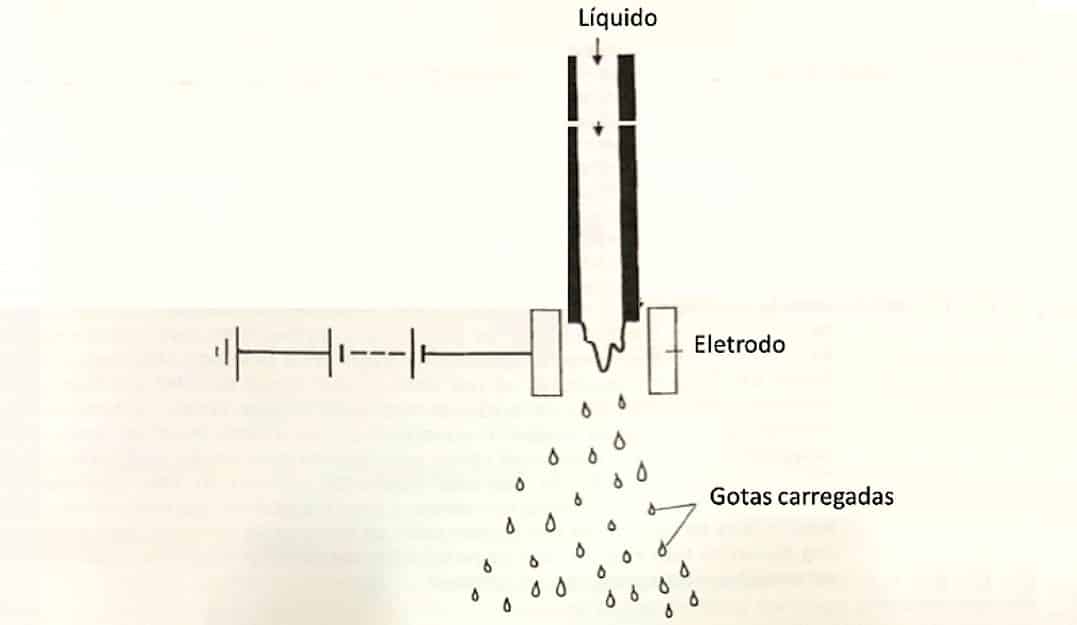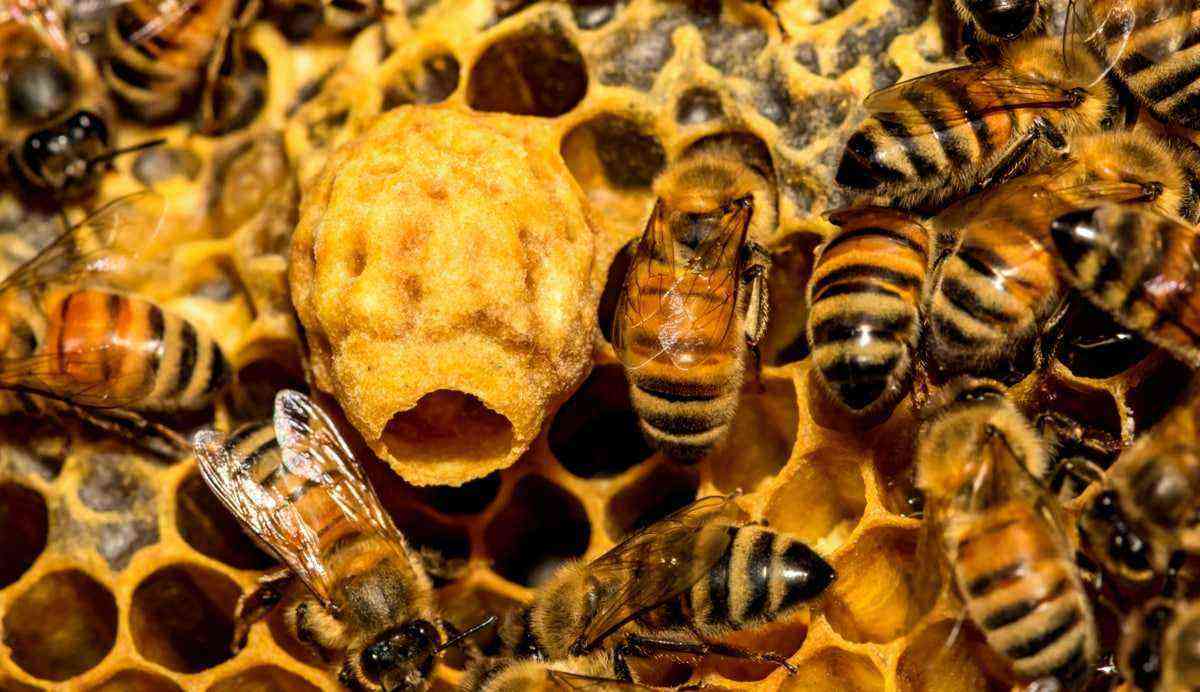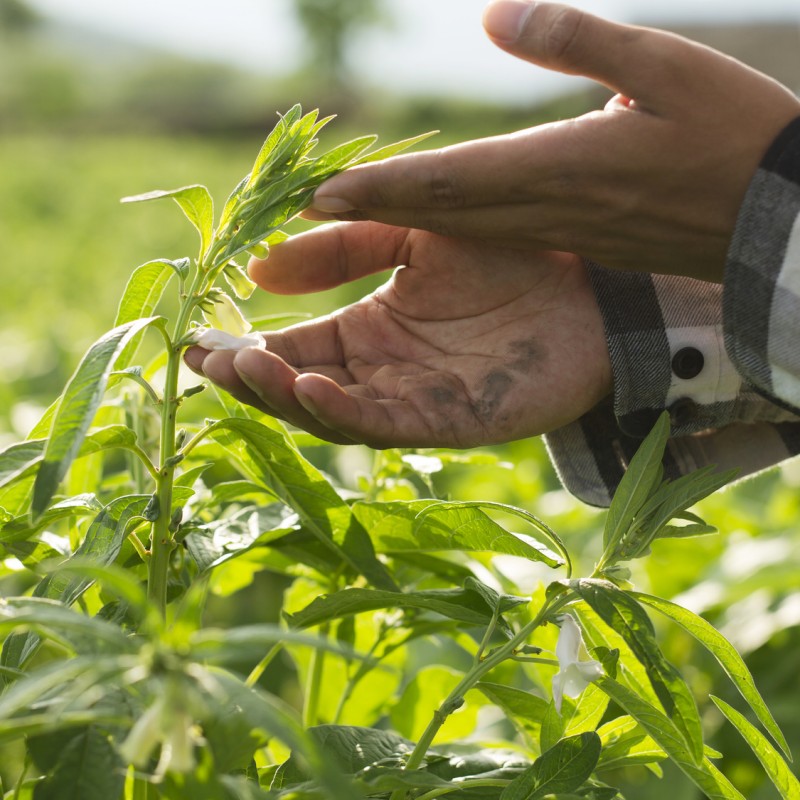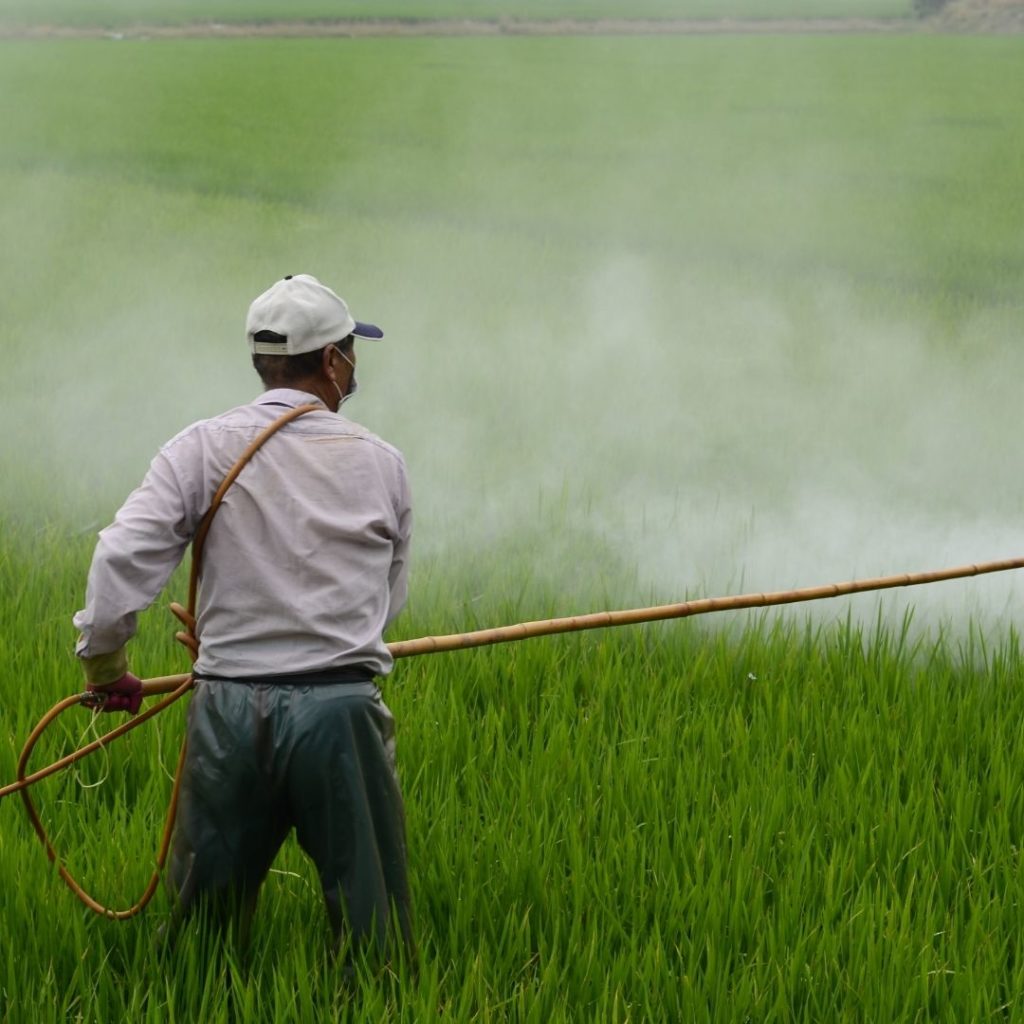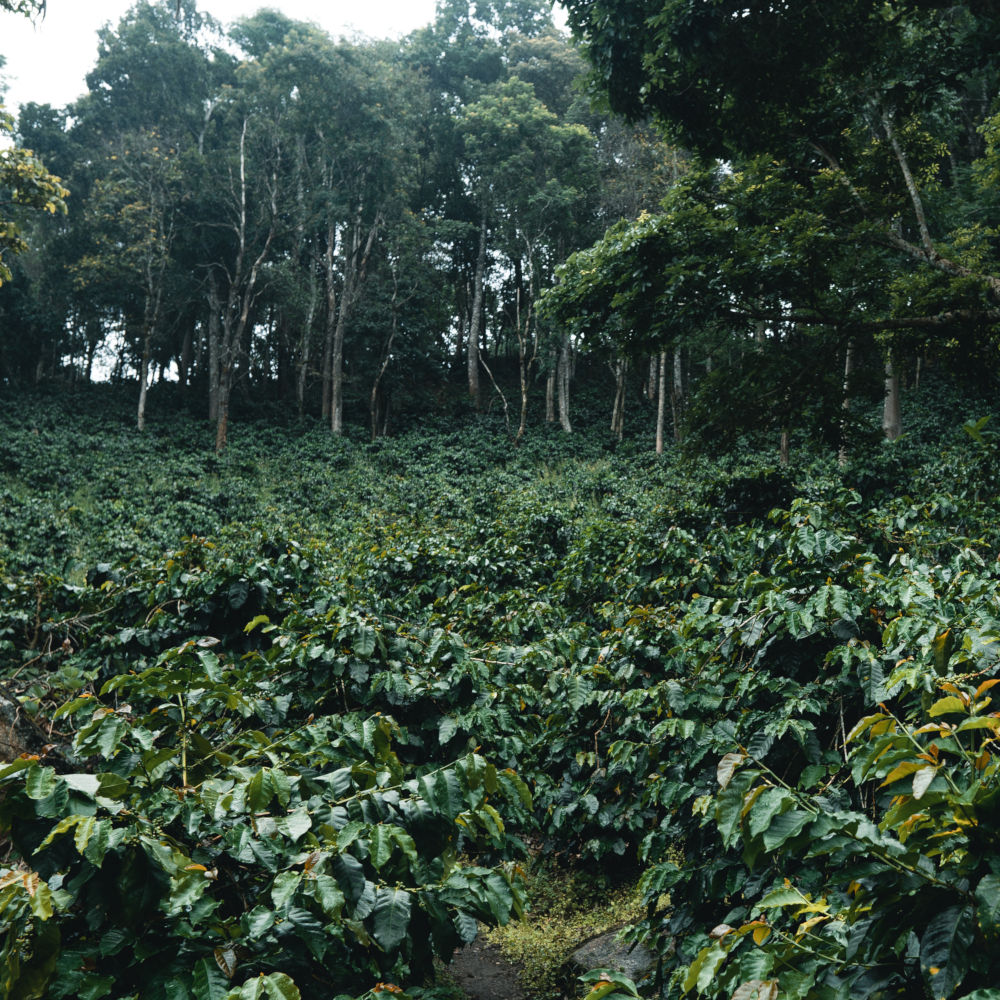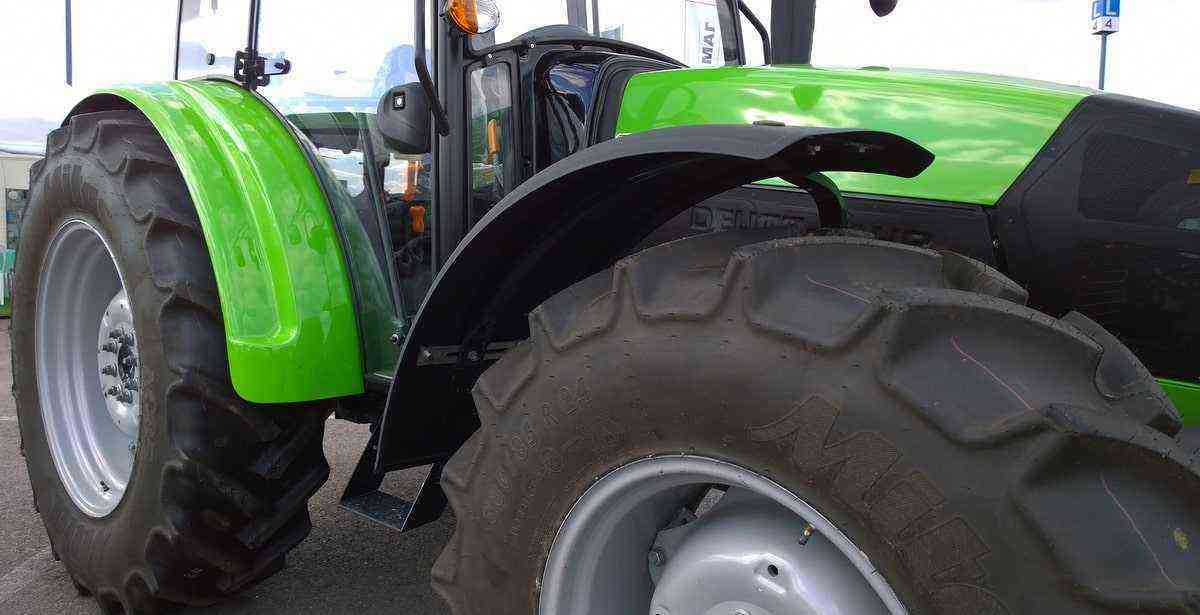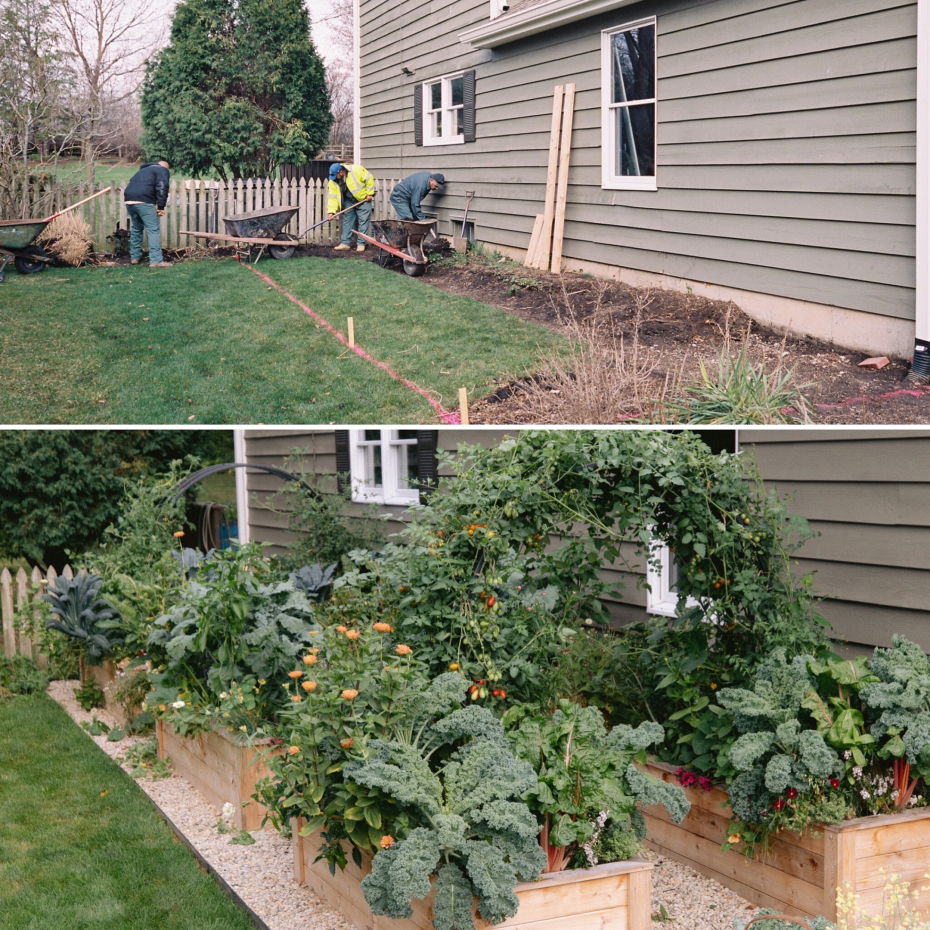By Murilo Caldeira
Today’s interviewee, Bruna Brandini, holds a bachelor’s degree in Environmental Management and Environmental Engineering from the University of the City of São Paulo (UNICID). Master’s student in Smart and Sustainable Cities at Universidade Nove de Julho (UNINOVE) with a line of research in the area of Sustainable Constructions.
Environmental Engineer at Pegada + Leve Processos, where she works in the development of sustainable projects and specializes in aquaponics and hydroponics.
In the photo above, Bruna was taking the Introduction to Aquaponics course, by the NGO Reciclázaro (https://www.reciclazaro.org.br).
Why did you decide to work with environmental management and, later, environmental engineering? And how did you end up getting interested in aquaponics?
I have always had a very strong connection with the environment, I think because of the encouragement I always had from my parents to preserve forests and natural resources, and I also always wanted to do something good for the world, for people.
During research on the environment area, I found the concept of “triple bottom line” in both professions and this ended up encouraging me even more to work in the area.
Currently I direct my work exclusively to these three pillars: social, environmental and economic, through projects linked mainly to the right to healthy food and access to sewage treatment, which are current problems and that if something is not done now, tend to get worse.
Aquaponics came into my life in 2015, in a conversation with a biologist friend, Adriano Guedes. He already had a home aquaponics system and as soon as I knew the process I started my own system, imagining how different a difficult part of my life could have been if I had a system.
economy that would provide me with food even if sporadically.
Soon I started research to try to help low-income people to have access to quality food.

Production of the residential system.

Aquaponics system tilapia.
At graduation, you were presented with the themes you work with currently, such as aquaponics and hydroponics?
At graduation, I got an overview of issues related to the environment, since there are a multitude of topics that can be discussed and improved.
However, as I said earlier, my heart is linked to social problems, so I chose to direct my research to sewage treatment and later I got to know aquaponics and hydroponics, but I would like these topics to be addressed in classrooms, because many times , as a student, we cannot see in a practical way what we are studying and with these methods and tools it is possible to understand problems related to sustainability, chemistry, geology, among other areas.

First aquaponics system built.
What is aquaponics? What is her contribution to sustainability?
Are people and producers adhering to this technique?
Aquaponics is a farming method that integrates fish farming and hydroponics. In this system, fish waste is transformed through biological processes into nutrients for vegetables and plants, where the growth process is faster and uses up to 80% less water compared to traditional cultivation (in soil).
This method can be deployed in different spaces and even partially suspended on walls, the only loss of water that exists is through evaporation.
Therefore, in addition to the production being organic, it saves water, does not generate waste and due to its implementation being possible in different spaces, it can reduce the space between the consumer and the food and can be considered crucial for the future of sustainability in smart cities.
Currently, the method is little used, but there has been a great advance in recent years, mainly due to the easy access to information through the internet and communication networks.
Do you notice the predominance of men in any sector with which you
Do you work or have you ever worked?
I just didn’t see the predominance of men performing domestic services, in the others, they are still the majority. I particularly think that we women need to work three times as much as men to be recognized in the same way or receive the same remuneration, referring to both genders in the same position.
What motivates you to work in this area?
The projects I carry out are responsible for my livelihood. Unfortunately, I still don’t have the ability to perform unpaid services, but all of them are recognized and often multiplied in various places and this makes my work not only performed for remuneration, but also performed for the world, for the next, and not There is nothing more motivating than that.

Social project to be implemented in the east of São Paulo, between March and April. Bruna is still looking for funders for the project.
What would you advise women who are entering this new market?
Due to the increase in demand for projects related to sustainability, there was a growth in the field of urban farms, and as aquaponics is a cultivation system that can be considered one of the most sustainable among the others, interest in it has gradually increased.
But for those who intend to enter this area, it is necessary to have a lot of patience and to plan themselves financially, because the financial return is late, despite being a very pleasant job to perform, in addition to having infinite research opportunities.
Do you have anything you’d like to add?
I would like to leave a message for people who recently graduated as environmental engineers: Unfortunately, our profession is not as valued as we were told when we started the undergraduate course.
As many may have heard, this would be the “profession of the future”, but all professions tend to change over time. One day, hopefully not too late, this future will arrive. Until then, reinvent yourself, study, research and prepare for it.
I also indicate the search for patents, there are many good ideas waiting to be used in the environment and in the social environment.


